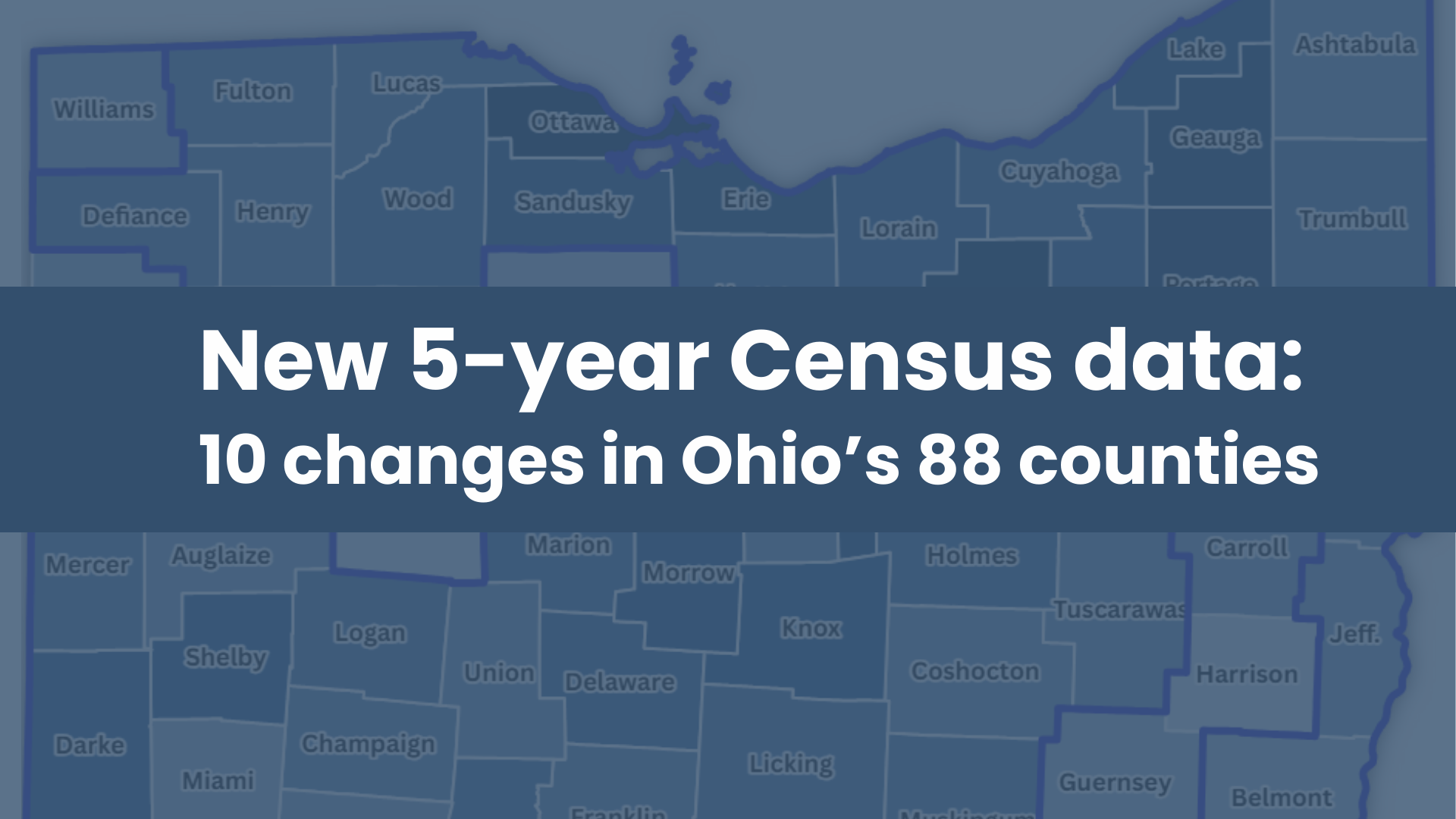In a move that will result in fewer Americans qualifying for benefits, on Tuesday the Secretary of Agriculture, Sonny Perdue, proposed new rules for the Supplemental Nutrition Assistance Program (SNAP), which would eliminate eligibility for households with savings and other assets.
Currently, The Food and Nutrition Act of 2008 allows for states to use “categorical eligibility” for SNAP, meaning if a household meets the requirements for other state and federal benefits such as the Temporary Assistance for Needy Families (TANF) program, they are automatically eligible for SNAP benefits. Following the law’s enactment, 43 states including Ohio expanded eligibility to include households that qualified for non-cash TANF benefits or a state maintenance of effort (MOE) funded benefit.
Forty-three states including Ohio expanded eligibility to include households that qualified for non-cash TANF benefits or a state maintenance of effort (MOE) funded benefit.
The purpose of using this broad-based categorical eligibility was to give states flexibility for SNAP eligibility so that low-income families with costs that consume a large share of their income, such as housing and childcare, could receive help at the grocery store. Additionally, this allowed for a less prohibitive asset test so that families who may own their homes or maintain a savings account could remain eligible for food benefits.
Under the proposal, to remain qualified for automatic eligibility a household would need to receive ongoing and substantial cash or non-cash benefits valued at a minimum of $50 per month for at least six months. Further, non-cash benefits to qualify for automatic SNAP eligibility would be restricted to subsidized employment, childcare or work supports.
Under the proposal, to remain qualified for automatic eligibility a household would need to receive ongoing and substantial cash or non-cash benefits valued at a minimum of $50 per month for at least six months
Secretary Purdue refers to the current categorical eligibility system as a ‘loophole’ that allows people to receive assistance that don’t need it.
The rule, if enacted, is estimated to eliminate SNAP benefits for just more than 3 million Americans. The proposal allows 60 days for public comment which must be reviewed before the rule can go into effect. The Center for Community Solutions plans to comment on the impact this would have on working families in Ohio. Comments can be submitted here.







